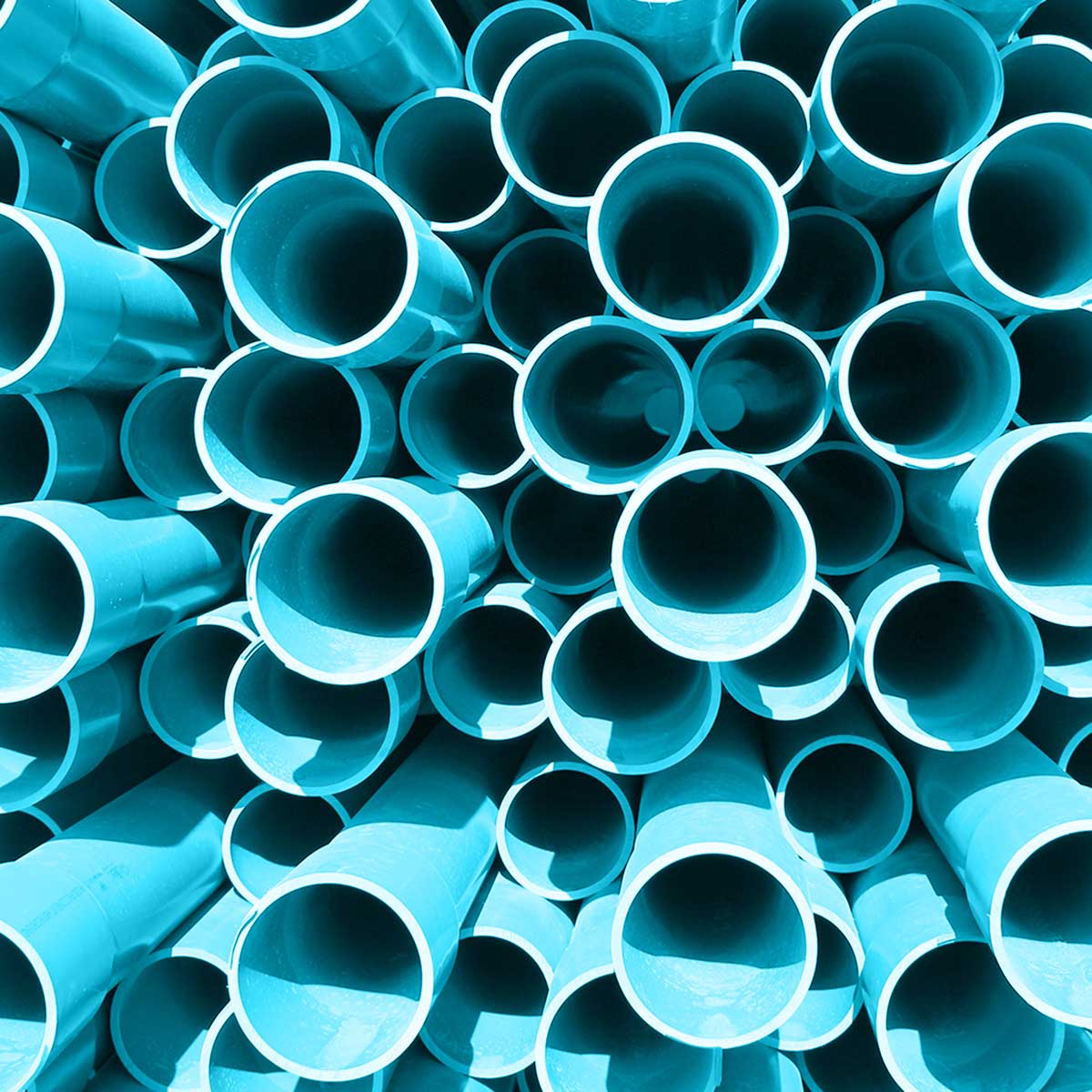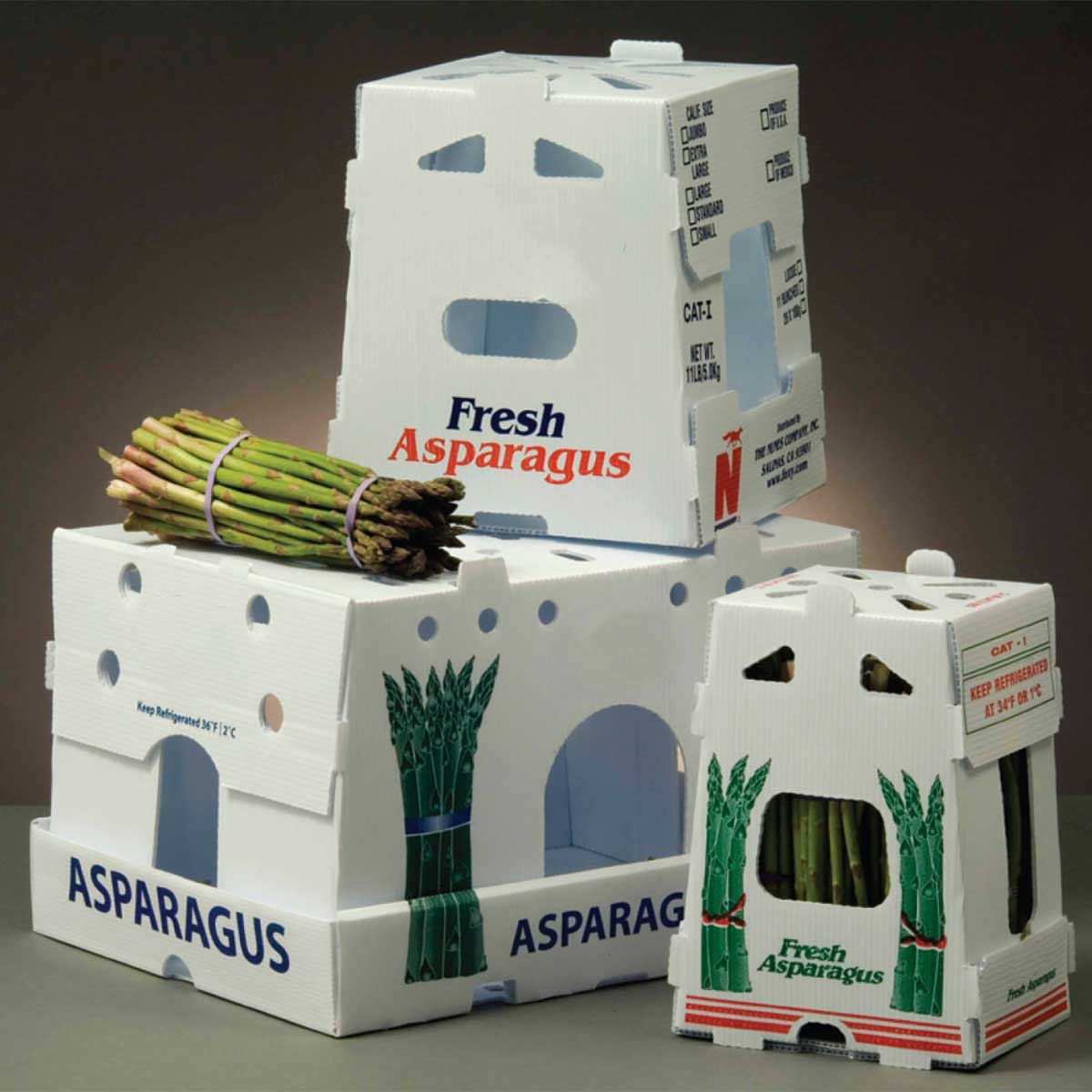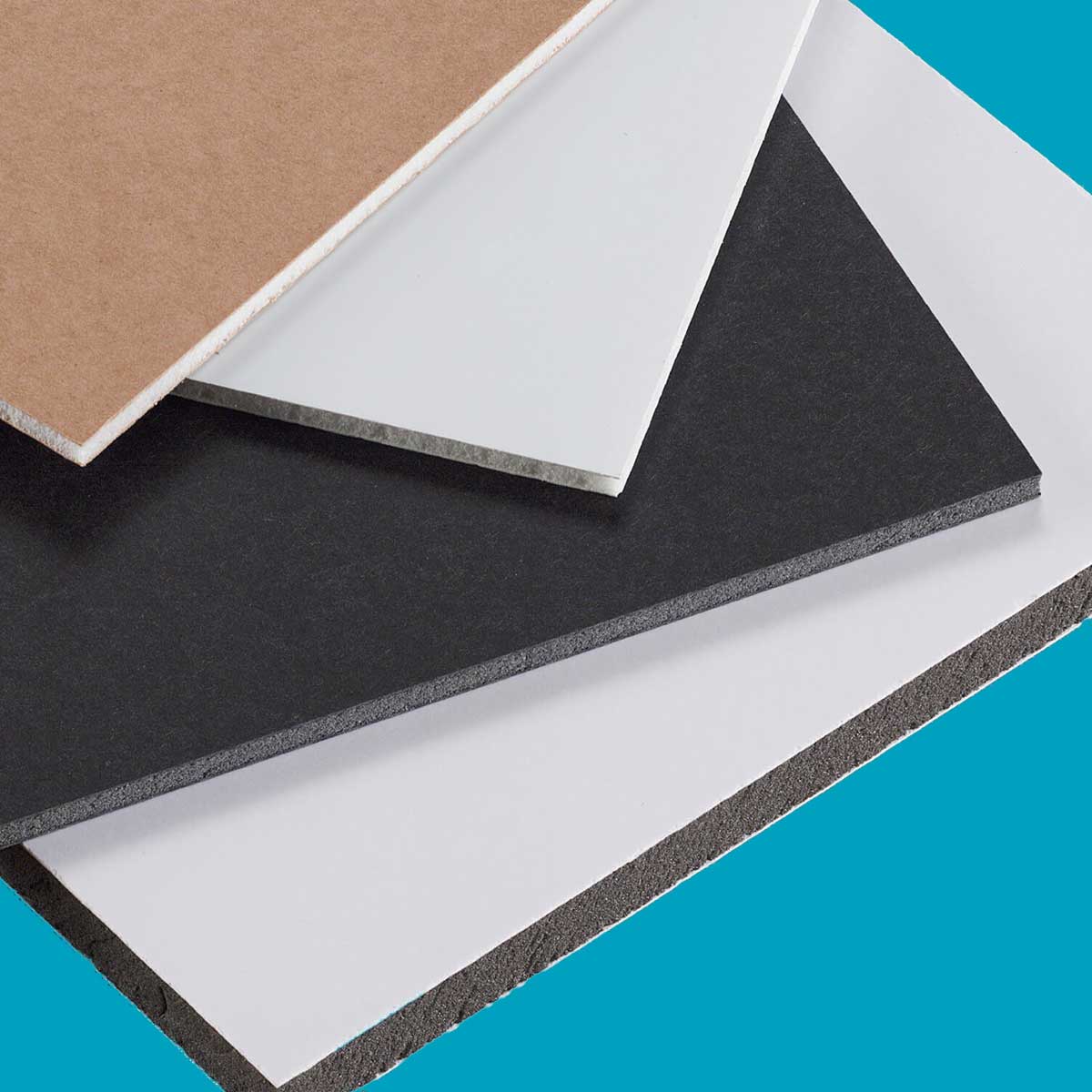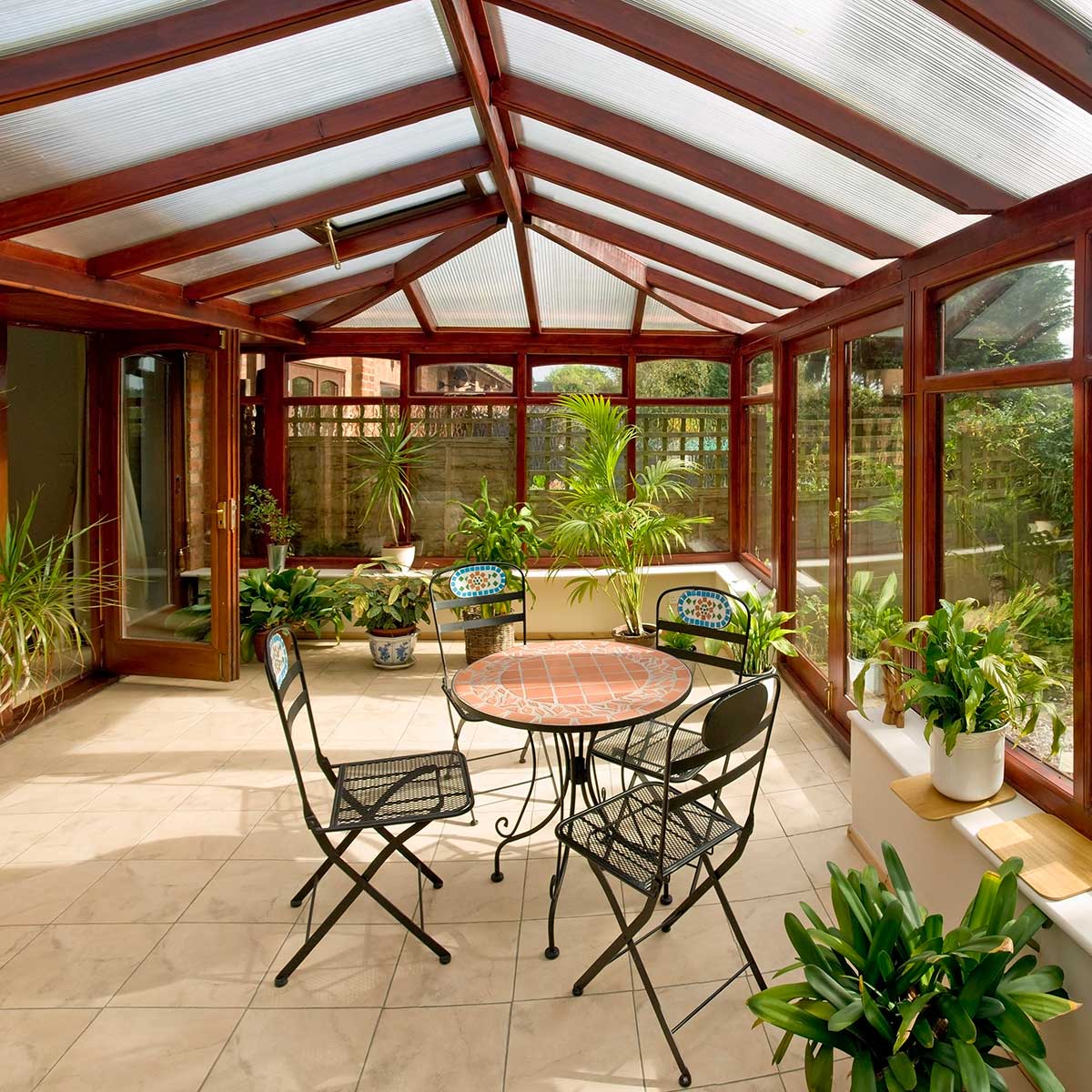
CPVC (Chlorinated-Polyvinyl Chloride)
Because of its excellent corrosion resistance at elevated temperatures, it is ideally suited for self-supporting constructions where high temperatures are a concern.
More InfoPhysical characteristics of plastics are wide and varied. We can help you choose the material best suited for your specific application.

Because of its excellent corrosion resistance at elevated temperatures, it is ideally suited for self-supporting constructions where high temperatures are a concern.
More Info
Excellent corrosion resistance, very good dielectric properties, low moisture absorption, high rigidity, good abrasion resistance and excellent weathering properties.
More Info
Chemical and corrosion resistance, no moisture absorption, high strength to weight ratio, and easy to fabricate, weld, machine, thermoform, ad vacuum form.
More Info
Tougher than corrugated fiberboard, lighter than solid extruded plastics, waterproof, weather resistant, and stain resistant.
More Info
A lightweight and easily cut material known for its strong yet lightweight properties and its smooth, stable surface.
More Info
This material is an extremely tough plastic with high abrasion and wear resistance.
More Info
Often used for orthotics and prosthetics, this material is a softer, more flexible, lighter weight than HDPE.
More Info
HIPS is a low-cost plastic typically used for graphic arts applications.
More Info
HDPE is a thermoplastic polymer made from petroleum. Known for its outstanding tensile strength and large strength-to-density ratio, this plastic has a high-impact resistance.
More Info
This plastic is a group of thermoplastic polymers containing carbonate groups in their chemical structures.
More Info
A transparent thermoplastic often used in a sheet form as a lightweight or shatter-resistant alternative to glass.
More Info

Cast Acrylic provides superior optical clarity and mechanical strength while Extruded Acrylic provides greater consistent thicknesses and is less costly.
More Info
Both plastics have tremendous flexibility and are very easy to clean using the proper cleaning materials.
More InfoCOPYRIGHT © 2026 Lustercraft Plastics | ALL RIGHT RESERVERED